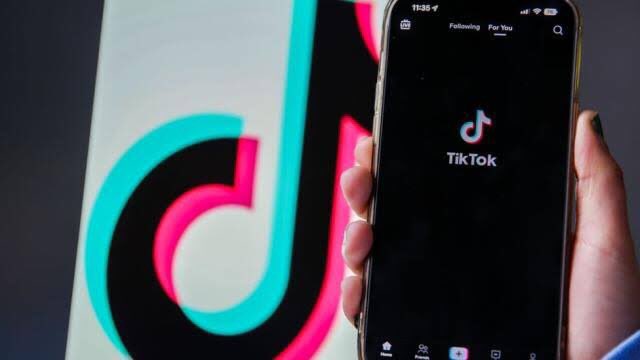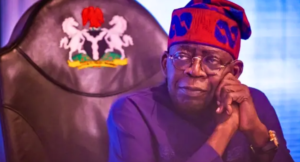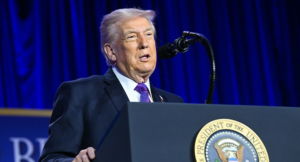
With the advice, BBC seems to be the first United Kingdom media organisation to issue the guidance – and only the second in the world after Denmark’s public service broadcaster.
As the supremacy battle between the West and China continues to exacerbate, the British Broadcasting Corporation (BBC) has advised its staff to delete TikTok from corporate phones because of privacy and security fears.
With the advice, BBC seems to be the first United Kingdom media organisation to issue the guidance – and only the second in the world after Denmark’s public service broadcaster.
Meanwhile, the broadcasting organisation, has said it would continue to use the platform for editorial and marketing purposes for now. TikTok has consistently denied any wrongdoing.
The app has been banned on government phones in the UK and elsewhere.
Countries imposing bans include the US, Canada, New Zealand and Belgium, while the same applies to anyone working at the European Commission.
However, it is still permitted on personal devices.
The big fear is that data harvested by the platform from corporate phones could be shared with the Chinese government by TikTok’s parent company ByteDance, because its headquarters are in Beijing.
TikTok says the bans are based on “fundamental misconceptions”.
ByteDance employees were found to have tracked the locations of a handful of Western journalists in 2022. The company says they were fired.
Alicia Kearns, who chairs the Foreign Affairs Committee, was asked for her view on the BBC’s decision, and tweeted: “If protecting sources isn’t a priority, that’s a major problem.”
‘Encouraging TikTok, not banning it’
Dominic Ponsford, editor-in-chief of journalism industry trade publication the Press Gazette, said it would be interesting to see what other media organisations decide to do.
He told the BBC: “I suspect everyone’s chief technical officer will be looking at this very closely.
“Until now, news organisations have been very keen to use TikTok, because it’s been one of the fastest-growing social media platforms for news publishers over the last year, and it’s been a good source of audience and traffic.
“So most of the talk in the news media has been around encouraging TikTok rather than banning it.”
The short-video platform is known for its viral dance crazes, sketches and filters and is hugely popular among young people, with more than 3.5 billion downloads worldwide.
Channel 4 News presenter Krishnan Guru-Murthy tweeted in reaction to the decision: “BBC News making big play for views on TikTok but now the BBC is telling staff not to have it on their phones”.
A BBC spokesperson said it took the safety and security of its systems, data and people “incredibly seriously”.







